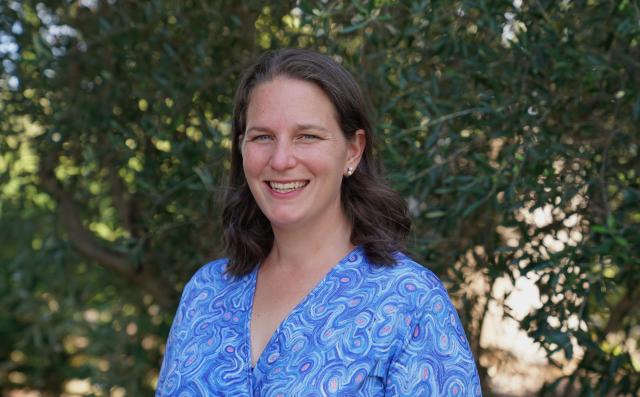Making sure you slap on sunscreen, wear a hat, and stay in the shade wherever possible these summer holidays is the best way to avoid skin damage and potentially deadly skin cancers, the Rural Doctors Association of Australia (RDAA) said.
“With the summer holidays continuing in earnest this week, thousands of Australians are taking to their favourite beaches and other holiday spots to relax and have fun,” RDAA President Dr Megan Belot said.
“While getting in that relaxation time is awesome, please don’t relax when it comes to sun safety.
“You don’t want to get to the end of the day at the beach – or elsewhere – and be an overcooked chook.
“No pun intended, but sun damage can be a ‘slow burner’ health issue – the damage can be cumulative and can lead to skin cancer that can become potentially life-threatening in years to come.
“The best way to avoid this is to make sure you are protecting yourself as much as possible from the harsh summer rays while you’re out and about over the holidays.
“Keep in mind that sun damage can occur very quickly – you don’t need to be out in the sun all day to sustain damaging sunburn…and that in turn can lead to skin cancer.
“Skin cancer is the most common cancer diagnosed in Australia…and the main cause is the sun’s ultraviolet (UV) radiation.
“Excessive UV exposure can also cause premature ageing of the skin as well as eye damage.”
The best way to avoid skin and eye damage due to UV radiation is to:
Wear clothing that covers as much of the skin as possible.
Slop on SPF 30 (or higher) broad-spectrum, water-resistant sunscreen – apply a generous amount of sunscreen to clean, dry skin at least 20 minutes before you go outside. Average sized adults need about seven teaspoons for a full body application. Reapply sunscreen every two hours or after swimming or excessive sweating. Remember too that sunscreen should be used with other sun protection measures – it can’t do it all on its own!
Slap on a hat – a broad-brimmed hat which shades your face, nose, neck and ears is best.
Make sure you stay in the shade wherever possible – by using trees, built structures or (in the case of the beach) a sunshade tent.
Wear sunglasses that meet the Australian Standard AS/NSZ 1067 to protect your eyes.
Find more information about being SunSmart see cancer.org.au/cancer-information/causes-and-prevention/sun-safety/be-sunsmart







